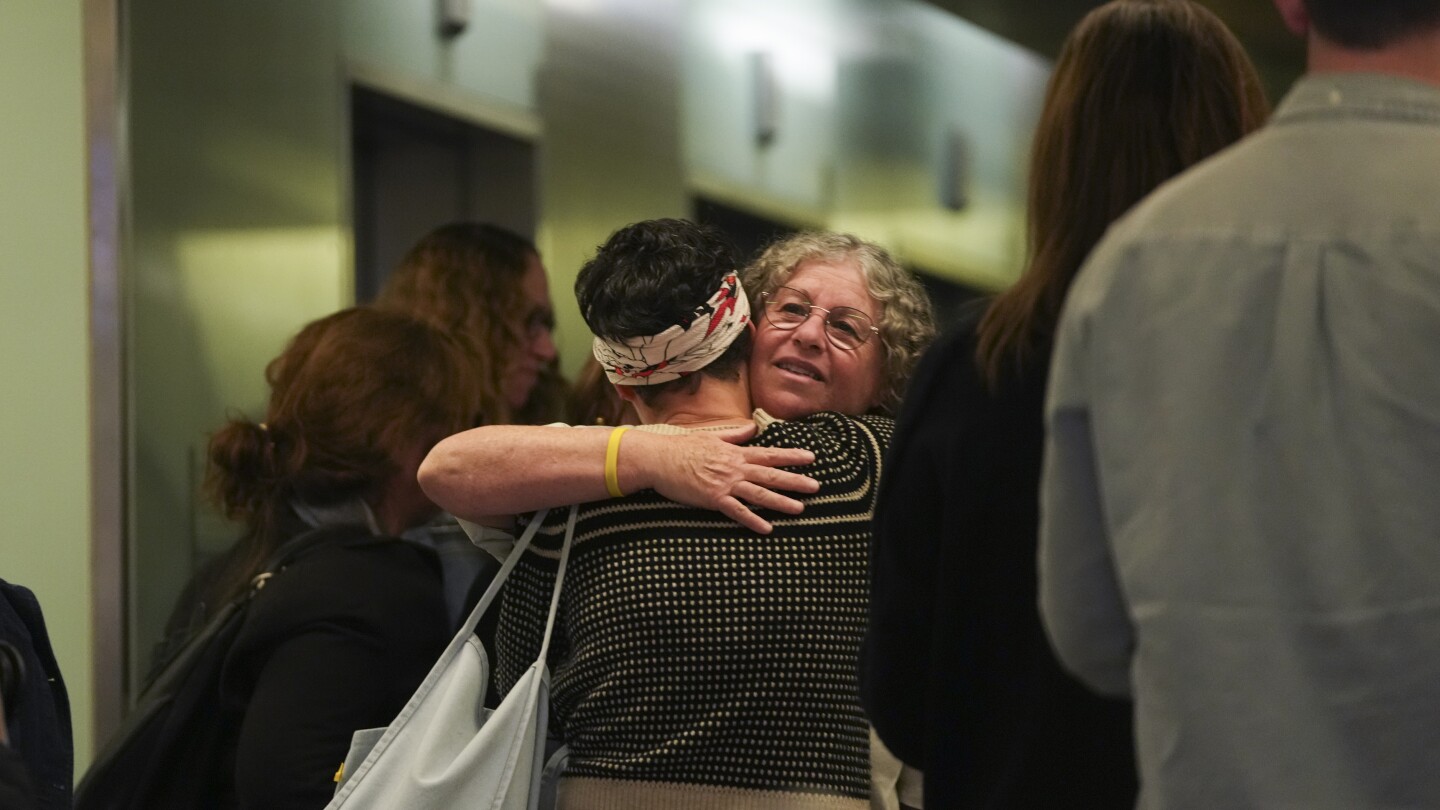Shattered Lives: The Hidden Struggles of Hostages Freed from Gaza
As families across the globe breathe a sigh of relief at the return of their loved ones from Gaza, a more somber reality unfolds. Reports indicate that many hostages have endured harrowing conditions, leading to severe implications for their physical and psychological well-being. The narrative of their captivity is not just one of survival; it reveals the profound trauma that can linger long after freedom is granted.
The Reality of Captivity
Captivity is a harrowing experience that can leave deep scars, both visible and invisible. For hostages freed from Gaza, many have reported extended periods spent in dark, enclosed spaces, devoid of natural light. This prolonged absence of sunlight can trigger a range of health issues, from vitamin D deficiency to severe anxiety and depression.
- Physical Health Issues: Lack of sunlight can lead to weakened bones and muscles due to vitamin D deficiency. It can also exacerbate pre-existing health conditions.
- Mental Health Challenges: Many hostages experience PTSD, anxiety, and depression as a direct result of their ordeal. The disorientation caused by a sudden change from captivity to freedom can be overwhelming.
- Social Reintegration: Returning home can be just as challenging as the captivity itself. Hostages may struggle to reconnect with family and friends, often feeling isolated and misunderstood.
Voices from the Released
Survivors of captivity often share their stories, providing insight into the psychological toll of their experiences. One former hostage recounted, “I thought I was going to die in there. When I finally saw the light, I didn’t know how to feel. I was free, but I felt trapped in my mind.” Statements like these highlight the complex emotions that accompany such traumatic experiences.
Another survivor noted, “I’m grateful to be home, but I can’t shake the feeling of fear. It’s like a shadow that follows me everywhere.” These sentiments underline the need for comprehensive mental health support for those who have endured prolonged captivity.
The Importance of Support Systems
Reintegration into society is crucial for the well-being of freed hostages. Family support plays a vital role in this process, but it can be challenging for loved ones to understand the trauma experienced. Education about the effects of captivity on mental health is essential for families to provide the necessary support.
- Therapeutic Interventions: Many experts suggest that therapy, particularly trauma-informed care, can be beneficial. Cognitive-behavioral therapy (CBT) and Eye Movement Desensitization and Reprocessing (EMDR) are effective methods for addressing PTSD.
- Community Programs: Support groups can offer a safe space for survivors to share their experiences and connect with others who understand their struggles.
- Educational Resources: Providing families with materials on coping mechanisms and understanding trauma can foster a more supportive environment for the returned hostages.
The Role of Governments and NGOs
Governments and non-governmental organizations (NGOs) have a pivotal role in supporting freed hostages. Immediate medical evaluations and psychological assessments should be a priority upon their return. These organizations can facilitate access to healthcare, counseling, and rehabilitation services, ensuring that the needs of the hostages are met.
Moreover, raising public awareness about the challenges faced by hostages can mobilize community support and resources. Advocacy campaigns can highlight the importance of mental health care, encouraging society to engage with the experiences of freed individuals compassionately.
Long-term Effects of Trauma
The long-term effects of captivity can manifest in various ways, affecting not only the individuals but also their families and communities. Some potential long-term impacts include:
- Chronic Health Issues: Survivors may face ongoing health problems, both physical and mental, that require long-term care.
- Relationship Strain: Families may struggle to adapt to the changes in their loved ones, potentially leading to conflicts and misunderstandings.
- Community Disengagement: Freed hostages may withdraw from social interactions, fearing judgment or lack of understanding from others.
Hope and Resilience
Despite the overwhelming challenges, stories of hope and resilience emerge from the shadows of trauma. Many former hostages find strength in sharing their stories, advocating for mental health awareness, and helping others facing similar struggles. Their journeys of recovery can inspire not only those who have experienced captivity but also communities to foster compassion and understanding.
Moreover, initiatives that promote mental health awareness and community engagement can significantly improve the reintegration process for freed hostages. By creating a supportive environment, society can help these individuals reclaim their lives and find new purpose after their harrowing experiences.
Conclusion
As families embrace their loved ones returned from Gaza, it’s crucial to recognize the hidden struggles that lie beneath the surface. The narrative of captivity is not simply one of survival; it’s a complex interplay of physical and psychological challenges. By fostering understanding, providing robust support systems, and advocating for mental health resources, society can play an instrumental role in the healing journey of these individuals. In the end, it’s about more than just freedom; it’s about restoring lives and rebuilding futures.
See more Update My News



